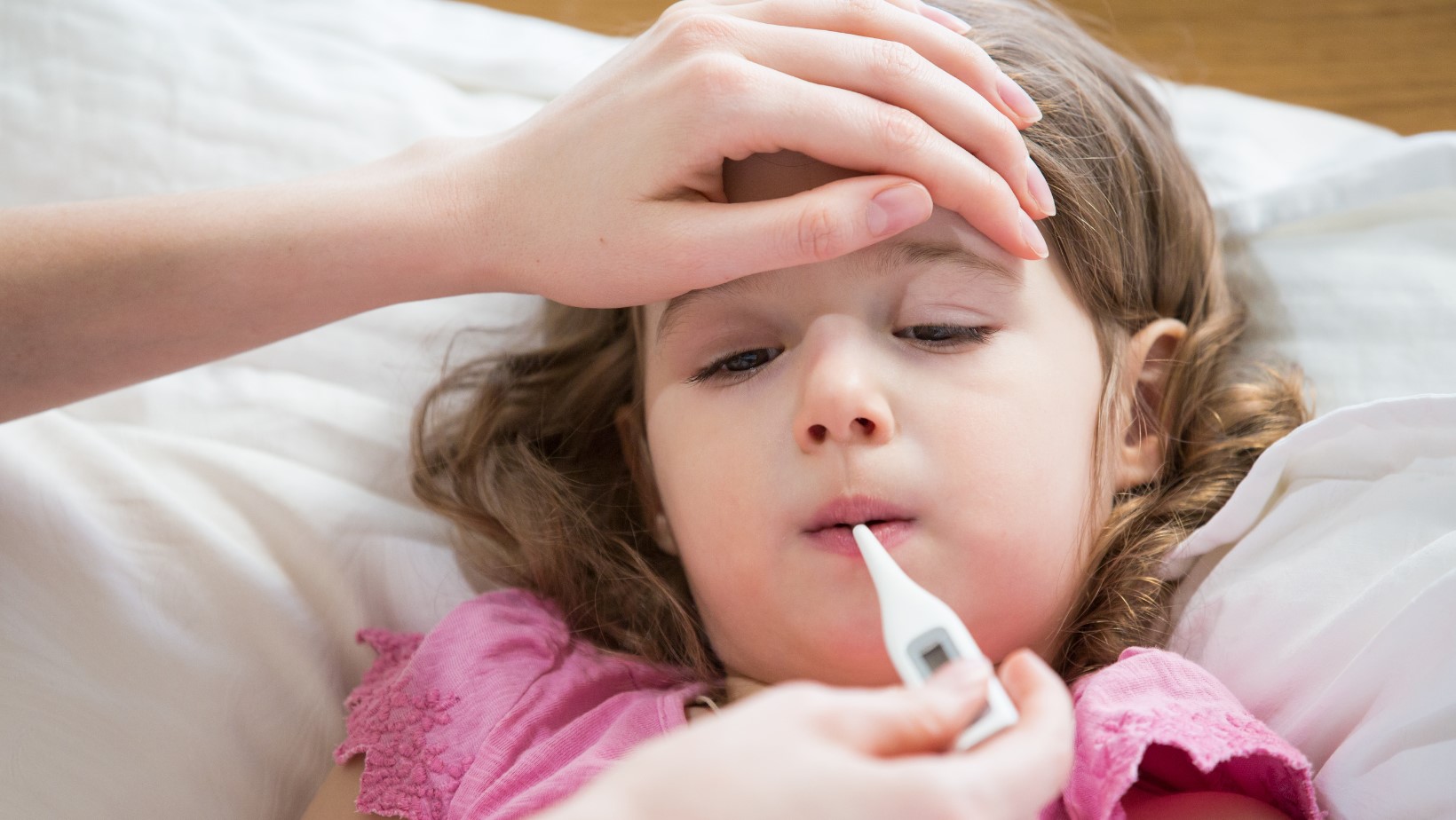
An Immunocompromised child has a weakened immune system, making them more susceptible to infections and illnesses. As a result, special considerations and precautions should be taken to protect their health and well-being. The everyday experiences of such families are a delicate balance between safeguarding their child’s health and allowing them to lead a fulfilling life. Let’s explore the unique challenges families face with immunocompromised children and the strategies they adopt to provide a safe environment.
Reasons for a Child’s Weakened Immune System
Similar to adults, chemotherapy, drugs used after organ transplants, heart issues, HIV infection, and autoimmune diseases including lupus, rheumatoid arthritis, and type 1 diabetes can all induce immunosuppression in children. The immune system of a youngster may also be weakened by some steroids when used in large dosages over lengthy periods of time.
It’s also crucial to be aware that immunocompromised children’s immune systems could not respond as well to immunizations, particularly the COVID-19 vaccine, and boosters. Although it’s still vital to acquire all the advised vaccinations, immunocompromised kids might not be as confident in their level of protection. (UNC Health Talk)
Strategies to Adopt for Their Protection
Here are several strategies to follow if for the immunocompromised child:
- Hand Hygiene: Emphasize the importance of proper hand hygiene for both the child and those who interact with them. Regular handwashing with soap and water or using hand sanitizer can help reduce the risk of transmitting infections.
- For Respiratory Health: If someone has a respiratory ailment, stay away from them, especially if they are sick. Reduce your time spent in busy places like malls when the flu and other respiratory viruses are in season. At the earliest indications of a respiratory infection during flu season, inform your physician. Testing and therapy are needed for certain patients.
- Balanced Diet & Health: Avoid eating raw seafood, pork, and eggs. Even if they are marked as prewashed, lettuce and all other raw veggies should be fully washed before use. When cooking, avoid cross-contamination. A healthy and balanced diet can help support the child’s immune system. Consult with a pediatric dietitian to ensure the child is getting proper nutrition.
- Navigating Health Challenges: Raising an immunocompromised child often involves a constant vigilance over their health. Even common illnesses that might be mild for most children can pose serious risks for these children. Frequent doctor visits, hospital stays, and intricate medication regimens become routine. Immunocompromised children require specialized care to ensure their health and quality of life. This involves not only regular medical check-ups but also understanding and managing potential complications that can arise.
- Emotional and Social Impact: The emotional toll on both the child and the family is significant. Immunocompromised children might experience feelings of frustration or even isolation due to their limitations. Siblings might grapple with feelings of jealousy or guilt for being able to engage in activities that are restricted for the immunocompromised child. Parents, on the other hand, experience a unique blend of worry, exhaustion, and determination to provide the best life for their child. Psychosocial support through therapy, support groups, or counseling can be vital for the mental well-being of the entire family.
- Animal Exposure: If possible, defer getting a new pet until the immune system is less inhibited and speak with a subspecialist about the hazards. Before being introduced to an immunocompromised person, a potential pet should have a thorough examination by a veterinarian, and an unwell pet should be treated by a veterinarian.
- Travel Advice: Before traveling, especially out of the country, it is important to assess each immune-deficient child for the travel hazards associated with their intended location. It is crucial to pay close attention to preventive vaccinations and hand hygiene on airplanes and other public spaces. Immunocompromised travelers should have a personalized “health passport” containing a list of their prescription drugs and immunizations, a description of their illness, and their doctor’s phone number.
(Canadian Paediatric Society)
Creating a Healthy Environment for an IC Child
Living with an immunocompromised child presents an ongoing journey that requires dedication, adaptability, and prioritizing your child’s well-being. Creating a safe environment at home is pivotal. Implement rigorous hygiene practices, promote good hand hygiene for everyone in the household, and maintain a clean-living space. Limit exposure to potential pathogens by thoughtfully managing visitors and public outings, especially during peak illness seasons. Help your child by seeking professional help when needed, adopting practical measures, and fostering a supportive environment.
Works Cited
“How to Protect Your Immunocompromised Child from Infection.” UNC Health Talk, 19 Aug. 2022, healthtalk.unchealthcare.org/how-to-protect-your-immunocompromised-child-from-infection/.
Society, Canadian Paediatric. “Safe Living Strategies for the Immunocompromised Child.” Canadian Paediatric Society, cps.ca/en/documents/position/immunocompromised-child.
If you have more questions, contact us
